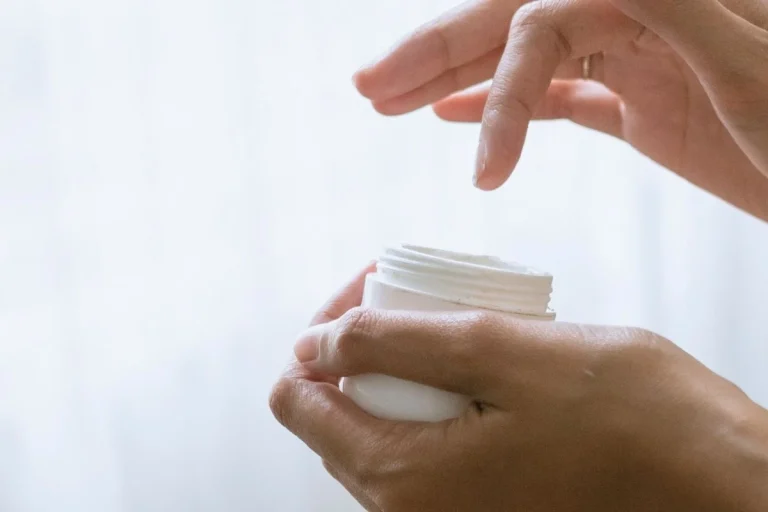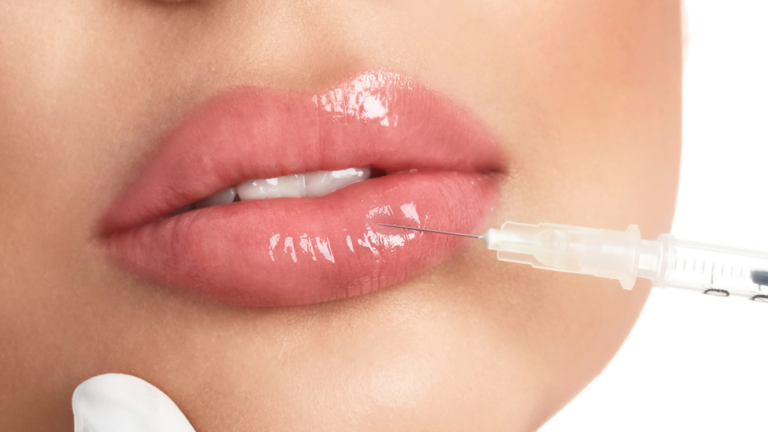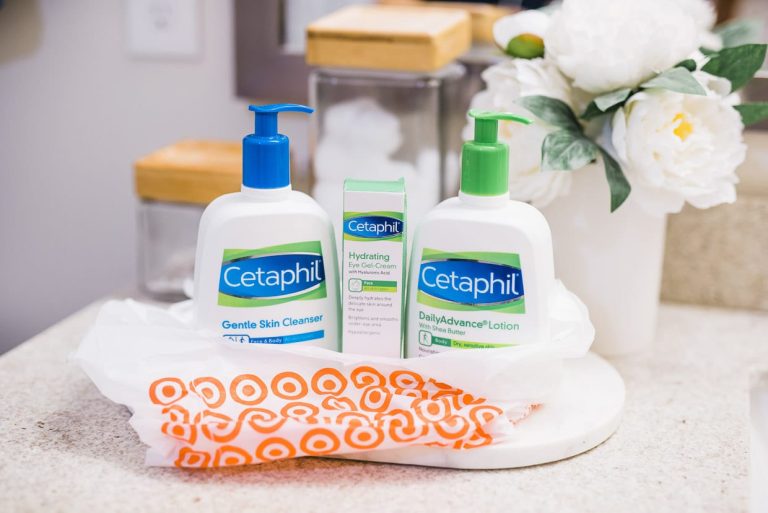The Most Common Skin Complaints And How To Address Them
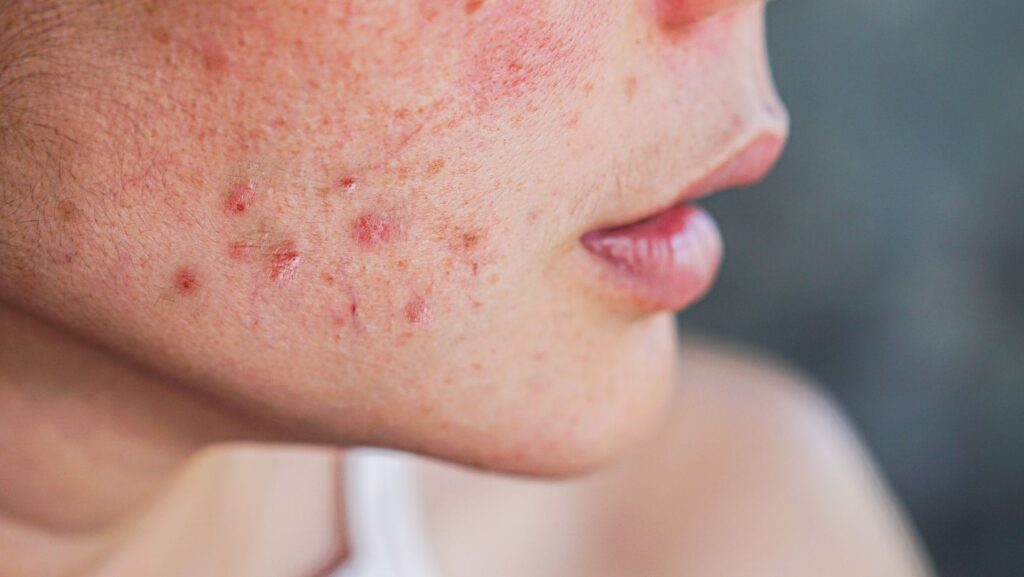
Our skin is the body’s largest organ, and just like any other part of us, it can experience a variety of issues. While some skin complaints are temporary and easily managed, others may require professional attention. Here’s a look at some of the most common skin concerns and steps you can take to keep your skin healthy and radiant.
Acne
Acne is a common skin condition that causes pimples and blemishes. It’s most prevalent during teenage years but can affect people of all ages. Factors like hormones, genetics, and diet can contribute to acne breakouts.
- Gentle Cleansing: Wash your face twice daily with a gentle cleanser and lukewarm water. Avoid harsh scrubbing, which can irritate the skin.
- Moisturise: Even oily skin needs moisture. Choose a non-comedogenic moisturizer that won’t clog your pores.
- Spot Treatment: Over-the-counter spot treatments containing ingredients like salicylic acid or benzoyl peroxide may help reduce inflammation and clear blemishes.
- Avoid Picking: picking at acne spots can make them worse as it spreads the bacteria held within the spots around the skin, causing new spots to develop. It can also make scaring worse, and affect how efficiently spots can heal.
A dermatologist can recommend stronger medications like antibiotics or retinoids if your acne is severe or doesn’t respond to over-the-counter treatments. Get an online prescription through the Independent Pharmacy to help you get the right treatment for your acne-prone skin.
Dry Skin
Dry skin can feel tight, itchy, and flaky. It’s often caused by cold weather, low humidity, or harsh soaps and cleansers.
- Moisturise: This is key! Look for a fragrance-free moisturiser suitable for your skin type. Apply it regularly, especially after showering or bathing when your skin is most absorbent. Reapply throughout the day and whenever your skin begins to feel dry to avoid more severe dryness or cracking of the skin.
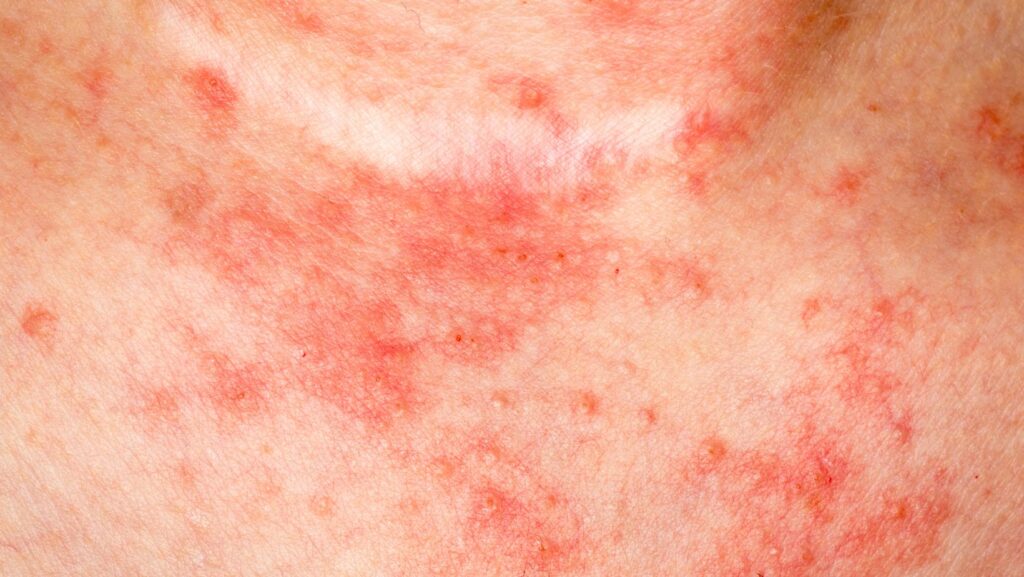
- Hydrate: Drinking plenty of water helps keep your skin hydrated from the inside out. Consider using a humidifier in your home, particularly during dry winter, to add moisture to the air.
- Gentle Cleansing: Avoid hot showers and opt for lukewarm water instead. Use gentle, fragrance-free cleansers and pat your skin dry instead of rubbing.
Eczema
Eczema, also known as atopic dermatitis, is a chronic inflammatory skin condition that causes dry, itchy, and irritated patches. While the exact cause is unknown, it’s often linked to allergies and a weakened skin barrier.
- Identify Triggers: Common triggers for eczema include dust mites, pet dander, certain fabrics, and food allergies. Try to identify and avoid your triggers if possible.
- Moisturise: Regular moisturising is crucial for eczema-prone skin. Look for thick, emollient creams specifically formulated for eczema.
- Consult a Dermatologist: A dermatologist can diagnose your eczema and recommend the best course of treatment, which may include topical medications or phototherapy.
Psoriasis
Psoriasis is an autoimmune condition that causes red, scaly patches on the skin. It can be triggered by stress, infection, or certain medications.
- Moisturise: Regular moisturising can help soften psoriasis plaques and reduce itching.
- Manage Stress: Stress can worsen psoriasis symptoms. Techniques like yoga or meditation may help manage stress.
- Sunlight Exposure: Controlled sun exposure can be beneficial for some people with psoriasis. However, it’s important to avoid sunburn and consult your doctor before making any changes to your sun exposure habits.
- Dermatologist Consultation: A dermatologist can diagnose your psoriasis and recommend the best course of treatment, which may include topical medications, light therapy, or oral medications.
Rosacea
Rosacea is a chronic skin condition that causes redness, flushing, and visible blood vessels on the face. It can be triggered by spicy foods, alcohol, sun exposure, and certain medications.
- Identify Triggers: Try to identify and avoid your rosacea triggers.
- Sun Protection: Sun exposure can worsen rosacea. Wear sunscreen with SPF 30 or higher daily, even on cloudy days.
- Gentle Skincare: Use gentle, fragrance-free skincare products. Take the time to research the best products for your skin and tailor your skincare routine accordingly. Many skincare products are designed for sensitive skin. As such look into using gentler ingredients that are less likely to cause reactions or irritation. Identifying potential ingredients that can trigger your rosacea will help you avoid them in the future and tailor your skincare routine to your specific needs.
- Dermatologist Consultation: A dermatologist can diagnose your rosacea and recommend the best course of treatment, which may include topical medications or antibiotics.
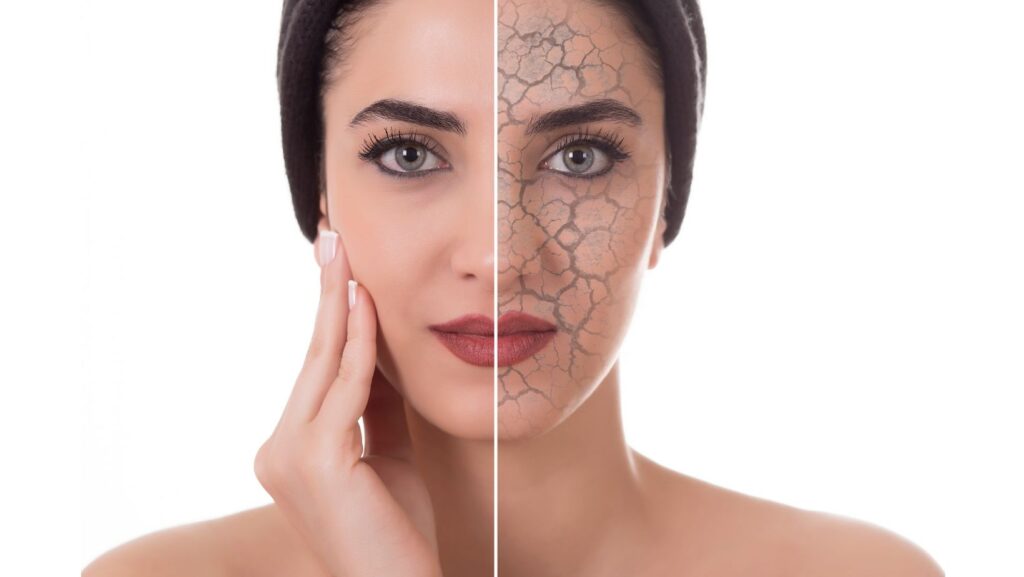
If you’re concerned about a skin complaint, it’s always best to consult a qualified healthcare professional for diagnosis and personalised treatment advice. They will be able to best advice on the steps you can take for your individual needs, such as using specific products or skincare routines to reduce symptoms. They can also prescribe higher-strength skin treatments and medication to help with more persistent symptoms and skin complaints.

Founded by Sophia Rodriguez, IGXO Cosmetics is a PETA-certified, cruelty-free, and vegan makeup brand.


